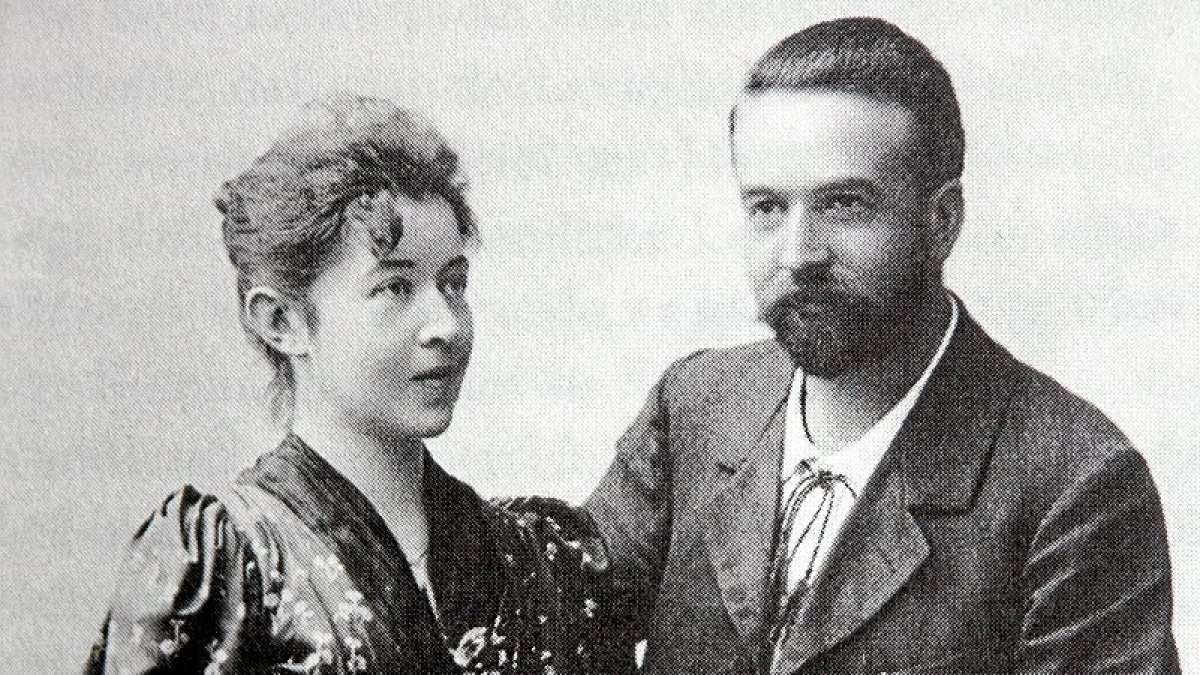Το Παλιό Βιολί
Άκουσε τ’ απόκοσμο, το παλιό βιολί
μέσα στή νυχτερινή σιγαλιά τού Απρίλη·
στό παλιό κουφάρι του μιά ψυχή λαλεί
μέ τ’ αχνά κι απάρθενα τής αγάπης χείλη.
Καί τ’ αηδόνι τ’ άγρυπνο καί το ζηλευτό
ζήλεψε κι εσώπασε κι έσκυψε κι εστάθη,
γιά νά δή περήφανο τί πουλί είν’ αυτό
πού τά λέει γλυκύτερα τής καρδιάς τά πάθη.
Ως κι ο γκιώνης τ’ άχαρο, τό δειλό πουλί,
μέ λαχταρ´’ απόκρυφη τά φτερά τινάζει
καί σωπαίνει ακούοντας τό παλιό βιολί,
γιά να μάθη ο δύστυχος, πώς ν’ αναστενάζη.
Τί κι άν τρώη τό ξύλο του τό σαράκι; τί
κι άν περνούν αγύριστοι χρόνοι κι άλλοι χρόνοι;
Πιό γλυκιά καί πιό όμορφη καί πιό δυνατή
η φωνή του γίνεται, όσο αυτό παλιώνει.
Είμ’ εγώ τ’ απόκοσμο, τό παλιό βιολί
μέσα στή νυχτερινή σιγαλιά τού Απρίλη·
στό παλιό κουφάρι μου μιά ψυχή λαλεί
μέ τής πρώτης νιότης μου τά δροσάτα χείλη.
Τί κι άν τρώη τά σπλάχνα μου τό σαράκι; τί
κι άν βαδίζω αγύριστα χρόνο μέ τό χρόνο;
Πιό γλυκιά καί πιό όμορφη καί πιό δυνατή
γίνεται η αγάπη μου, όσο εγώ παλιώνω.
The Old Violin
Hark to the lonely, the old violin,
deep in the April night, silent, unmoving:
hark to the soul in its old body, speaking
with the pale lips and the pure lips of loving.
Even the nightingale, wakeful, acclaimed,
stopped and fell silent and looked down with wonder,
stooping to see which the songbird might be
that sang the heart’s sorrows more sweetly than she.
Even the screech-owl, the base bird, the graceless,
flutters her wings with a deep-hidden yearning,
harks to the old violin, mutely learning
how to cry woe, so distressful is she.
What if its wood be the food of the worm?
Still growing older, as years are departing,
year after year that shall never return,
sweeter, more beautiful, stronger its singing.
I am the lonely, the old violin,
deep in the April night, silent, unmoving:
hark to the soul in my old body, speaking
with the fresh lips of my springtime of living.
What if my flesh be the food of the worm?
year after year on my course I shall move,
still growing older, and never return;
sweeter, more beautiful, stronger my love.
